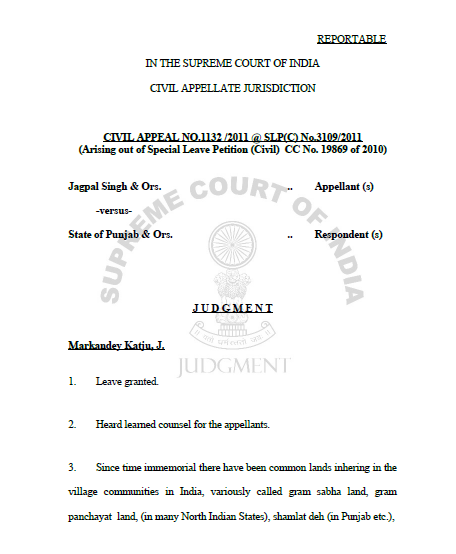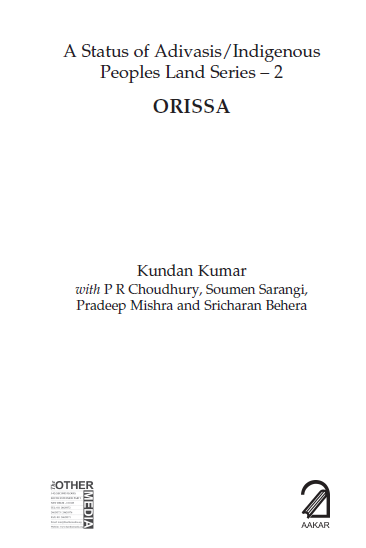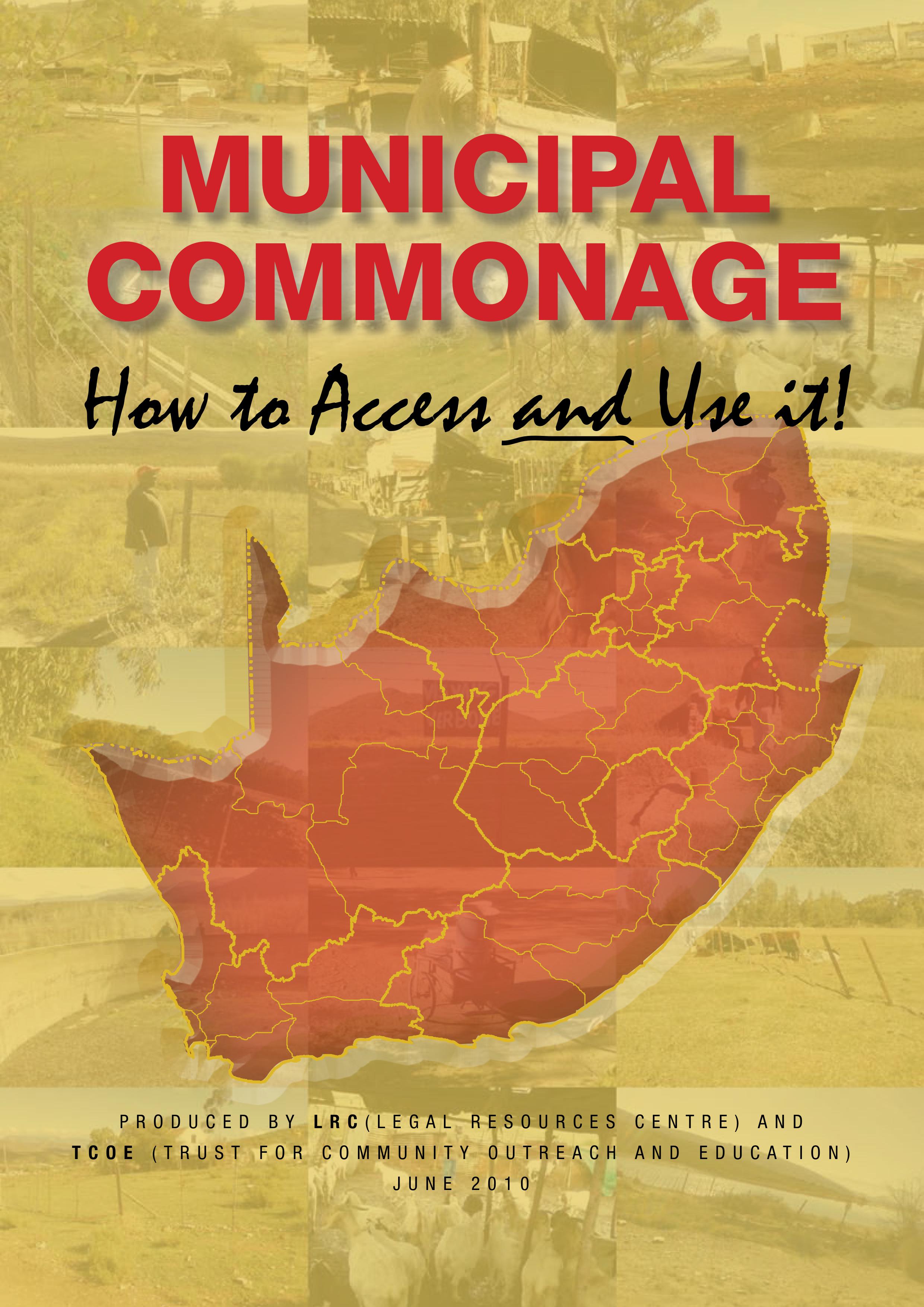terras comunitárias
AGROVOC URI:
historical analysis of traditional common forest planning and management in Seneghe, Sardinia--Lessons for sustainable development
Different approaches to the social vision of communal land management: the case of Galicia (Spain)
Communal forests, or Montes Veciñais en Man Común (MVMC), are a specific form of communal land tenure and a singular legal category in Galicia. The growing demographic decline in rural areas and, particularly, in inner areas of Galicia has led to a decrease in the economic interest of forest resources. The complexity of the different management modes or levels of organization of forest communities cannot be explained through a homogeneous interpretation.
People's Law Journal
The first volume of the People's Law Journal was written by the Land and Accountability Research Centre (LARC) in the Faculty of Law at the Universityof Cape Town and edited and published by Ndifuna Ukwazi. The journal explores a wide range of relevant issues including land restitution, elite capture, traditional leadership, mining and the erosion of communal land rights in the post-apartheid era
Supreme Court of India Judgment on Village Common Land in Case of Jagpal Singh & Ors vrs. State of Punjab & Ors. (Civil Appeal No.1132 /2011 @ SLP(C) No.3109/ 2011
This is a judgment of Supreme Court of India to check grabbing of village common land including ponds and water bodies (called in different names) by unscrupulous persons, political clout, powerful vested interests, corrupt state authorities, etc by fraudulent practices and ensure their protection and safeguard.
A Status of Adivasis/Indigenous Peoples Land Series -2 ORISSA.
Access to land and land-based resources has been a critical issue for the Adivasi living in forested landscapes of Central India, including Odisha. This paper highlights poor access to land as major reasons of poverty among adivasis and recurrent conflicts in tribal regions of Odisha.
Look before you leap
This paper argues that the focus in the community based natural resource management (CBNRM) literature on the devolution and decentralisation of state authority and responsibility over natural resources to communities does not pay sufficient attention to the role of the state in creating and maintaining a coherent institutional environment.
Municipal Commonage
Municipal commonage, used as a common resource for communities, poses a unique opportunity for rural development and land and agrarian reform. The law says that municipal commonage must be used to contribute towards land reform. It must be made available for agricultural purposes to those who were previously excluded from accessing commonages.
Poor town residents who want to engage in agricultural activities must therefore organise to demand access to municipal commonage. This booklet will help you to understand the law, access commonage and use commonage.
Munisipale Meentgrond
[AFR] Munisipale meentgrond skep ’n unieke geleentheid vir landelike ontwikkeling en grond- en agrariese hervorming. Wetgewing bepaal dat munisipale meentgrond moet bydra tot grondhervorming. Meente moet beskikbaar gemaak word vir landboudoeleindes vir diegene wat voorheen toegang tot die soort grond ontsê is. Arm dorpsinwoners wat wil deelneem aan landbou, moet saamspan om toegang tot munisipale meentgrond op te eis.
Iziza Zikamasipala
[XHOSA} Umhlaba wesisa kamasipala lusiphathela ithuba elilodwa lophuhliso lwamaphandle nohlaziyo kwezemihlaba nezolimo. Umthetho usixelela ukuba umhlaba wesisa kamasipala kufuneka ube negalelo kuhlaziyo kwezemihlaba apho uthi wenziwe ufumaneke ukuze usetyenziselwe ulimo ngabo babesakuya bengavumelekanga kwixa langaphambili ukuba
bafumane imihlaba yeziza zikamasipala. Abahlali basezidolophini abahluphekileyo nabanqwenela
ukuzibandakanya kwiinkuthalo zolimo kufuneka ngoko bacebe ukwenza amabango okufumana umhlaba wesisa kamasipala.
[ENG]
Household livelihoods in semi-arid regions: options and constraints
The overall aim of this study was to explore what the development community can do, or facilitate, to significantly improve livelihoods in semi-arid systems.The authors based their analysis on two case-study sites in the communal lands of southern Zimbabwe. The main tool was a detailed livelihood questionnaire, supplemented by participatory appraisal and observation, action research, biophysical analysis and systems modelling.








